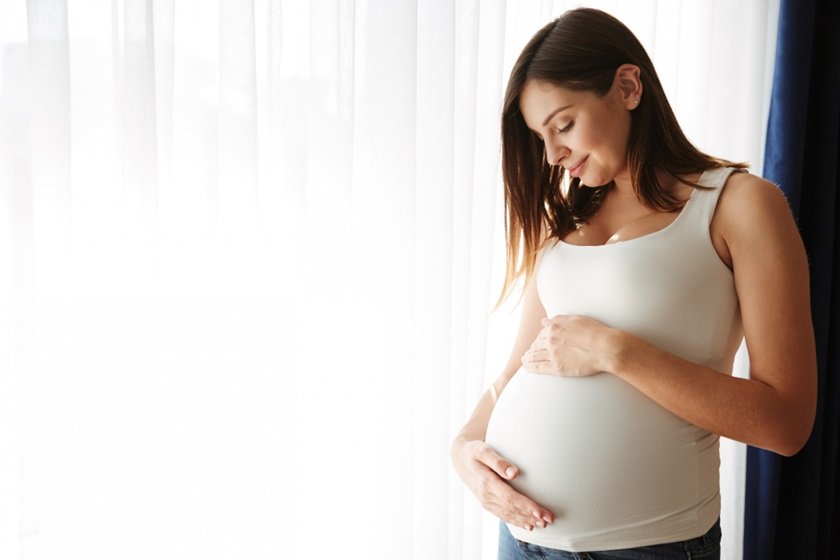Bringing a new life into the world is a profound and transformative experience for women. However, the post-pregnancy period, often referred to as the postpartum period, presents its own set of physical, emotional, and lifestyle changes. Understanding what to expect and how to navigate this period is crucial for a smooth transition into motherhood. Here’s what you need to know about post-pregnancy:
Physical Recovery:
The body undergoes significant changes during pregnancy and childbirth, and it takes time to recover. Be patient with your body as it heals from the physical toll of pregnancy and childbirth. Common postpartum physical changes include vaginal soreness, perineal tears or episiotomies, abdominal muscle separation (diastasis recti), and breast engorgement.
Postpartum Bleeding:
Vaginal bleeding, known as lochia, is normal after childbirth and can last for several weeks. Initially, lochia is bright red and heavy, resembling a heavy menstrual period. Over time, it transitions to a lighter flow and changes color to pink or brown before eventually stopping.
Breastfeeding:
If you choose to breastfeed, it’s essential to establish a good breastfeeding routine early on. Breastfeeding provides numerous benefits for both mother and baby, including bonding, immune support, and nutritional benefits. Seek support from lactation consultants, nurses, or breastfeeding support groups if you encounter challenges or have questions.
Emotional Adjustment:
The postpartum period is often characterized by a rollercoaster of emotions, ranging from joy and love to anxiety, sadness, and overwhelm. The “baby blues,” characterized by mood swings and tearfulness, are common in the first few weeks after childbirth and typically resolve on their own. However, if feelings of sadness, anxiety, or depression persist, seek support from a healthcare provider.
Self-Care:
Prioritize self-care during the postpartum period, even amidst the demands of caring for a newborn. Take time to rest, nourish your body with nutritious food, stay hydrated, and engage in activities that promote relaxation and well-being. Accept help from friends, family, or support networks to lighten your load and prevent burnout.
Pelvic Floor Health:
Pregnancy and childbirth can weaken the pelvic floor muscles, leading to urinary incontinence, pelvic organ prolapse, and sexual dysfunction. Performing pelvic floor exercises, known as Kegels, can help strengthen these muscles and improve bladder control and sexual function.
Follow-Up Care:
Attend follow-up appointments with your healthcare provider as recommended to monitor your recovery and address any concerns or complications. Your healthcare provider can provide guidance on contraception, postpartum exercise, nutrition, and mental health support.
Bonding with Baby:
Take time to bond with your baby and adjust to your new role as a mother. Skin-to-skin contact, cuddling, and engaging in gentle activities like singing, talking, and reading to your baby can strengthen the parent-child bond and promote emotional attachment.
Seeking Support:
Surround yourself with supportive friends, family, and healthcare professionals who can offer guidance, encouragement, and assistance during the postpartum period. Don’t hesitate to reach out for help if you’re feeling overwhelmed, exhausted, or struggling to cope with the challenges of new motherhood.
Patience and Grace:
Remember that the postpartum period is a time of adjustment and transition for both you and your baby. Be kind to yourself, practice patience, and give yourself grace as you navigate the ups and downs of motherhood. Trust your instincts, embrace the journey, and celebrate the milestones along the way.
In conclusion, the post-pregnancy period is a time of physical recovery, emotional adjustment, and profound transformation for new mothers. By understanding what to expect and prioritizing self-care, support, and patience, you can navigate the postpartum period with confidence and grace, laying the foundation for a healthy and fulfilling motherhood journey.




